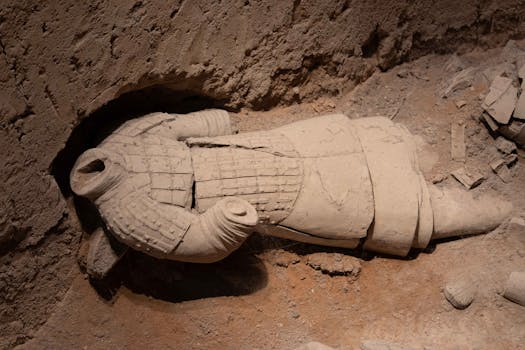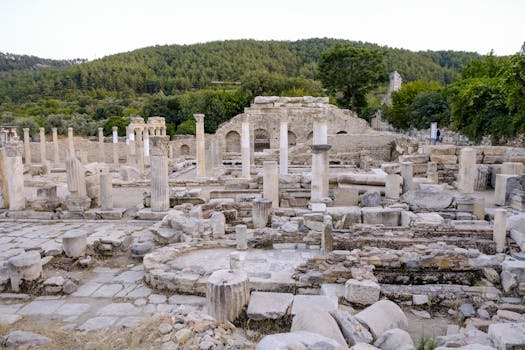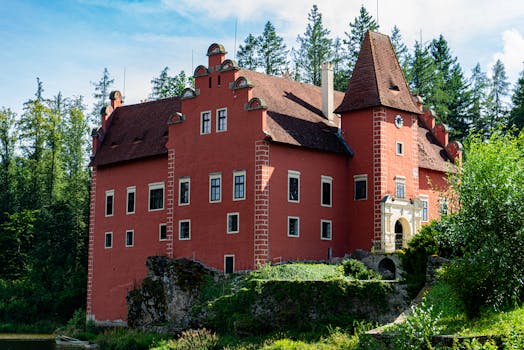Most professional archaeologists have a degree and many also have a postgraduate qualification.
You can do a degree in archaeology or a related subject, like:
- environmental archaeology
- human evolution
- archaeological science
- ancient history
- conservation and cultural heritage
You can search for higher education archaeology courses on British Archaeological Jobs and Resources.
After completing a first degree, you could take a postgraduate course and specialise in a particular field.
Examples include:
- osteoarchaeology - studying human remains
- marine archaeology - investigating coastal and underwater sites
- digital archaeology - creating visualisations of ruins and finds
Entry requirements
You'll usually need:
- 2 to 3 A levels, or equivalent, for a degree
- a degree in a relevant subject for postgraduate study








